Cushing's syndrome is a collection of clinical signs resulting from an increased concentration of glucocorticoids in the organism. Glucocorticoids are hormones produced by the adrenal cortex, a paired organ located at the upper poles of the kidneys.
The most important is cortisol, which influences the metabolic processes of proteins, fats, and carbohydrates. It also ensures the body's internal balance maintenance and proper wound healing and enables adaptation to stressful situations.
The pituitary gland regulates the secretion of glucocorticoids by the adrenal cortex. It produces a hormone called adrenocorticotropin – ACTH – which stimulates the adrenal glands to produce cortisol. The cortisol concentration also fluctuates daily because the amount of ACTH released changes during the day. Specialists observe that it is maximum in the morning and minimum around midnight under normal conditions.
The hypothalamus regulates the activity of the pituitary gland. This small brain part produces CRH, which releases ACTH from the pituitary gland. This entire system operates in a negative feedback mechanism. This means that high concentrations of cortisol inhibit the production of ACTH and CRH, while low concentrations increase the production of these hormones.

The causes![]() leading to the development of Cushing's syndrome
leading to the development of Cushing's syndrome![]() are the basis for its division into the following types:
are the basis for its division into the following types:
The specialists divided the latter type of Cushing's syndrome into two main groups. The first one is ACTH-dependent Cushing's syndrome![]() . It happens when the adrenal glands increase the production of cortisol, resulting from the increased production of ACTH
. It happens when the adrenal glands increase the production of cortisol, resulting from the increased production of ACTH![]() . The most standard reason is the existence of a pituitary adenoma (benign tumor) that secretes ACTH.
. The most standard reason is the existence of a pituitary adenoma (benign tumor) that secretes ACTH.
The circumstances in which an ACTH-producing pituitary adenoma causes the manifestation of Cushing's syndrome is named Cushing's disease. Another cause of ACTH-dependent Cushing's syndrome may be the release of ACTH by tumors located outside the pituitary gland, the so-called ecotopic ACTH secretion syndrome. This hormone is most often produced by small cell lung cancer but also by intestinal, thymus, pancreatic, or ovarian cancer.
Another type is ACTH-independent Cushing's syndrome![]() . Its fundamental characterization is the increase in cortisol production resulting from the adrenal glands' hyperactivity. The presence of tumors or hyperplastic lesions usually causes this situation.
. Its fundamental characterization is the increase in cortisol production resulting from the adrenal glands' hyperactivity. The presence of tumors or hyperplastic lesions usually causes this situation.
The main factor leading to the development of an exogenous form of Cushing's syndrome is the use of preparations containing glucocorticosteroid hormones. The specialists administer them in dermatological and autoimmune disease treatment, after transplants, and in many other clinical situations. The appearance of symptoms of Cushing's syndrome requires consideration of a change in dosage or an alternative treatment modality, if any.
Cushing's syndrome can sometimes be associated with:
The clinical symptoms![]() are caused by an increased concentration of cortisol in the blood, which leads to a disturbance of the body's internal balance. The Cushing's syndrome signs are easily noticeable. However, they are not typical of this disease, so it is not always possible to diagnose it immediately.
are caused by an increased concentration of cortisol in the blood, which leads to a disturbance of the body's internal balance. The Cushing's syndrome signs are easily noticeable. However, they are not typical of this disease, so it is not always possible to diagnose it immediately.
The characteristic symptoms include:

If we suspect that we may suffer from this condition, it is best to see an internist who will refer us to an endocrinologist.
Before starting full diagnostics, the simplest cause of Cushing's syndrome should be ruled out, i.e., the patient taking medications containing steroids. The Cushing's syndrome diagnosis![]() can be made based on characteristic clinical symptoms and changes in biochemical tests. In most cases of CS, there are only a few symptoms at the beginning (e.g., hypertension, diabetes, central obesity). The full-blown condition appears only in the progressive stages of the disorder. Hence, the vigilance of the patient and the doctor is necessary to detect early symptoms of the disease and perform laboratory tests that will ultimately confirm its presence.
can be made based on characteristic clinical symptoms and changes in biochemical tests. In most cases of CS, there are only a few symptoms at the beginning (e.g., hypertension, diabetes, central obesity). The full-blown condition appears only in the progressive stages of the disorder. Hence, the vigilance of the patient and the doctor is necessary to detect early symptoms of the disease and perform laboratory tests that will ultimately confirm its presence.
Based on the interview, the specialist will order screening tests. These include:
If the results show an increased cortisol concentration in the body, then the specialist may recommend doing several imaging tests. They are selected depending on the possible cause of Cushing's syndrome:
To help locate an extra pituitary tumor that is secreting excess adrenocorticotropic hormone (ACTH), the specialist may advise doing:
Cushing's disease![]() is different from Cushing's syndrome, so the terms cannot be used interchangeably. Although the symptoms of Cushing's syndrome are the same as the disease and the diagnosis is similar, the causes of their occurrence are different.
is different from Cushing's syndrome, so the terms cannot be used interchangeably. Although the symptoms of Cushing's syndrome are the same as the disease and the diagnosis is similar, the causes of their occurrence are different.
Cushing's disease is caused by a tumor of the pituitary gland located in the middle cranial fossa. It is treated surgically. A suppression test may help diagnose these two ailments. Cushing's disease can cause Cushing's syndrome.
The treatment![]() method for Cushing's syndrome depends on its cause. If Cushing's syndrome is a consequence of Cushing's disease, which is caused by an adenoma, then surgery is needed. The pituitary tumor is destroyed through the sphenoid sinus with a laser or ionizing radiation. After such a procedure, the patient must be under constant supervision of an endocrinologist because there is a risk of disease recurrence. If the operation fails or the pituitary adenoma cannot be removed, the specialist treats the patient with radiotherapy.
method for Cushing's syndrome depends on its cause. If Cushing's syndrome is a consequence of Cushing's disease, which is caused by an adenoma, then surgery is needed. The pituitary tumor is destroyed through the sphenoid sinus with a laser or ionizing radiation. After such a procedure, the patient must be under constant supervision of an endocrinologist because there is a risk of disease recurrence. If the operation fails or the pituitary adenoma cannot be removed, the specialist treats the patient with radiotherapy.
Cushing's syndrome, caused by extra pituitary tumors, is treated surgically or with radiotherapy or chemotherapy.
The treatment of choice is surgical removal of the adrenal tumor, preceded by the use of drugs that inhibit the production of steroid hormones. They should be administered with great caution because some adrenal tumors respond very strongly to them. The presence of an adrenal tumor secreting large amounts of cortisol causes the tissue of the other healthy adrenal gland to atrophy, and immediately after surgery, it is unable to produce enough of this hormone.

Adrenal steroids are administered during surgery to prevent a dangerous drop in cortisol levels after tumor removal. Hydrocortisone may be necessary for up to two years after surgery – this is how long it takes for the second adrenal gland to resume normal function.
Removal of the adrenal adenoma causes the disease symptoms to disappear within 4-5 weeks. Only in the case of a long duration of the disease may vascular complications resulting from hypertension occur. In the case of adrenal cancer, postoperative treatment and prognosis depend on the stage of the cancer.
If glucocorticosteroid drugs cause the symptoms, you should consult a doctor who may reduce their dose. Please do not stop taking medicines on your own, as it may cause the development of other diseases.
Diet is also significant in the treatment of Cushing's syndrome. One of the symptoms of this disease is excessive appetite and the accumulation of fat tissue. The diet of patients with this condition should be low-calorie, with a limited content of simple carbohydrates and saturated fats. Protein products, whole grain products, vegetables, and fruits are recommended. The diet should be rich in products containing calcium and vitamins, including vitamin D and B vitamins, including vegetable oils, dairy products, eggs, fish, almonds, nuts, sunflower seeds, and spinach. To prevent weight gain, patients should also engage in regular physical activity.
Table of Contents
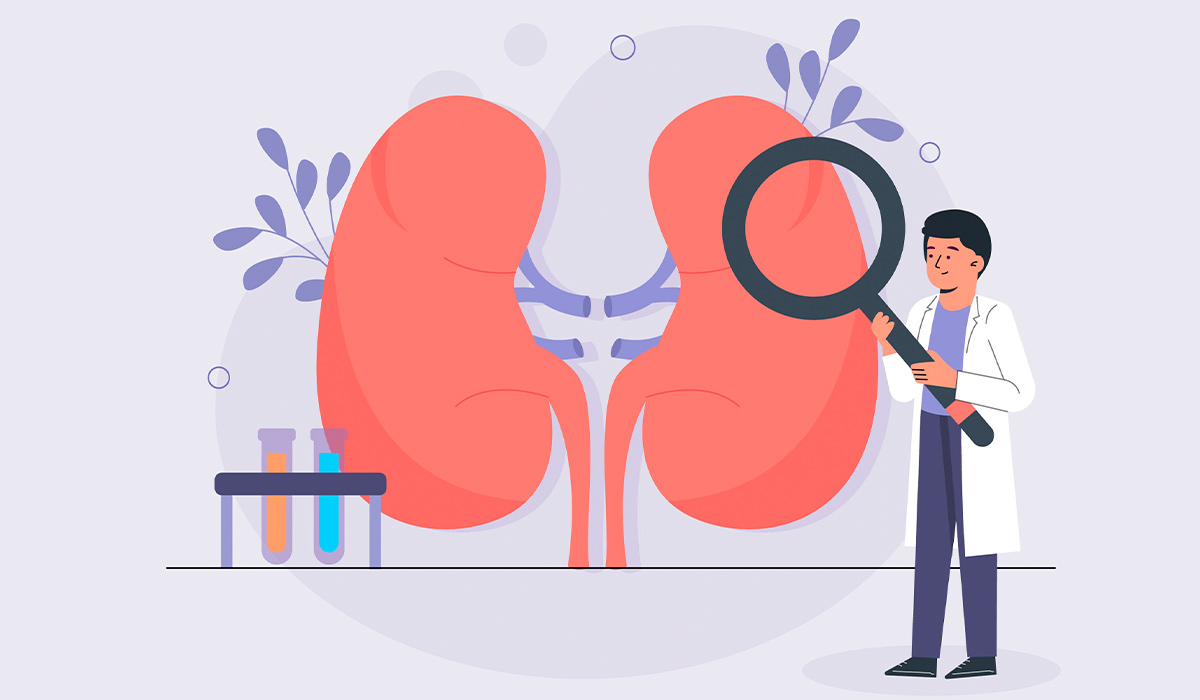
Adrenal fatigue is a medical condition in which the adrenal glands do not produce enough hormones to function properly. Check… read more »

Addison's disease is a condition caused by a long-term deficiency of adrenal cortical hormones. The disease can be dangerous. Find… read more »
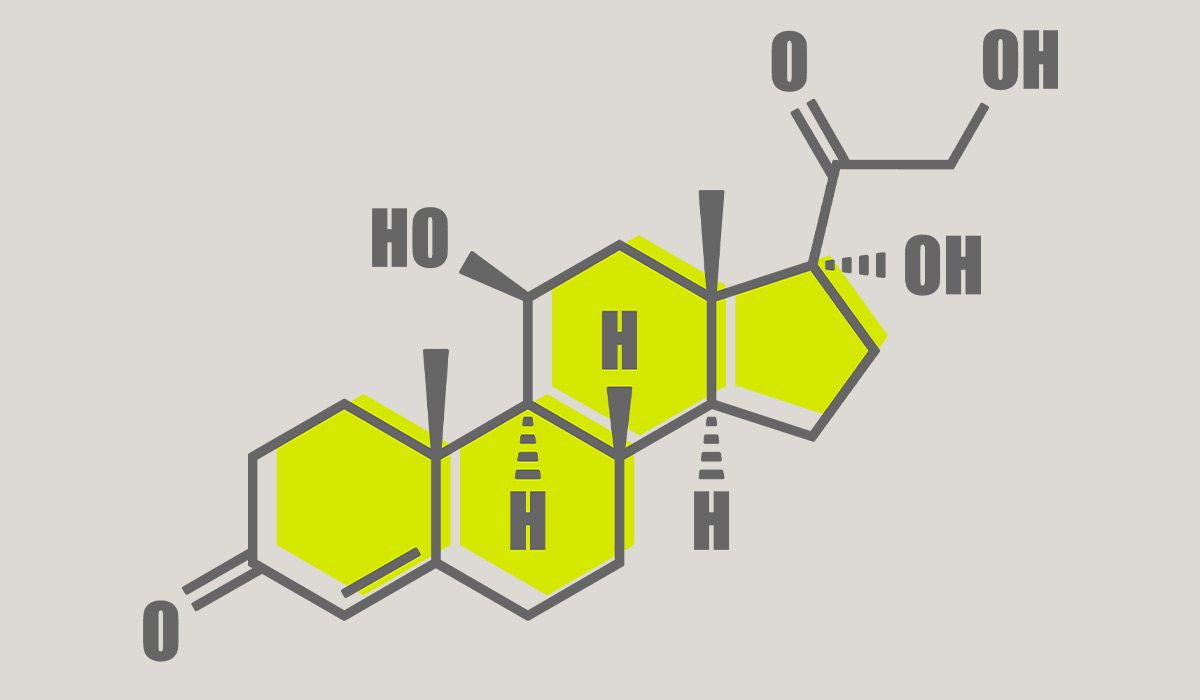
Cortisol is often referred to as the “stress hormone” because it plays a key role in the body's response to… read more »

An endocrinologist is a doctor who deals with the organs that secrete hormones. Learn about diseases that are related to… read more »
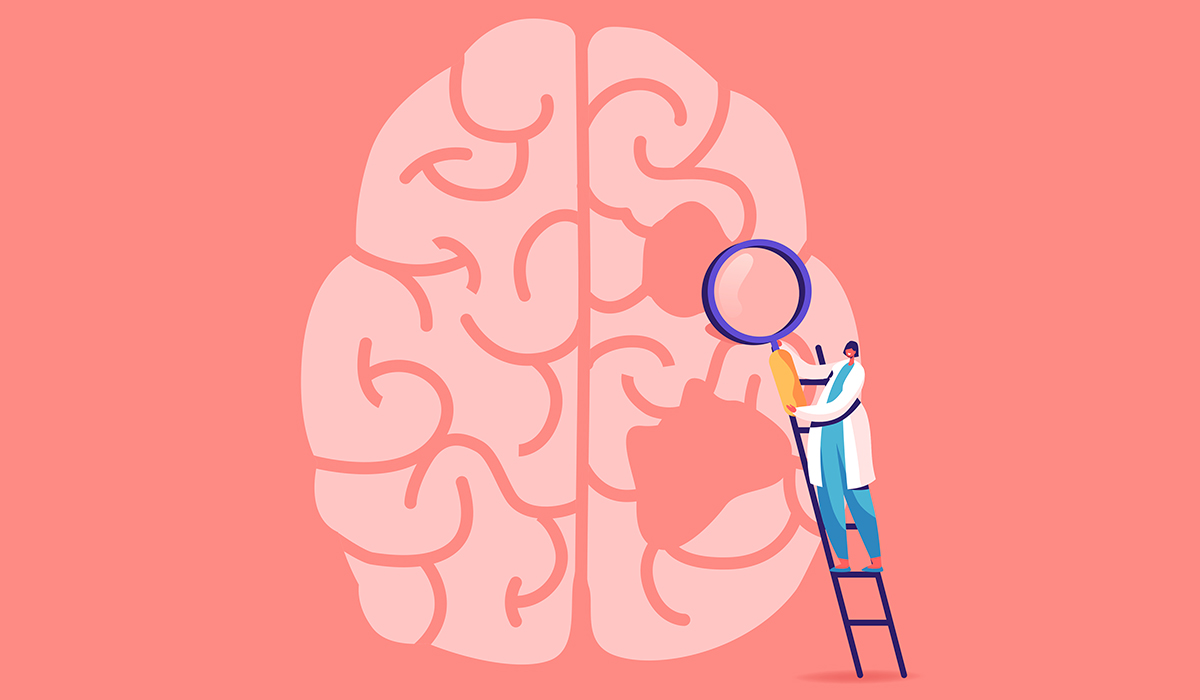
Brain tumors are abnormal growths located in the brain. It can be malignant or benign. Symptoms and treatment depend on… read more »

Hypothyroidism is a disease caused by insufficient levels of hormones produced by the thyroid gland. Find out, what are the… read more »
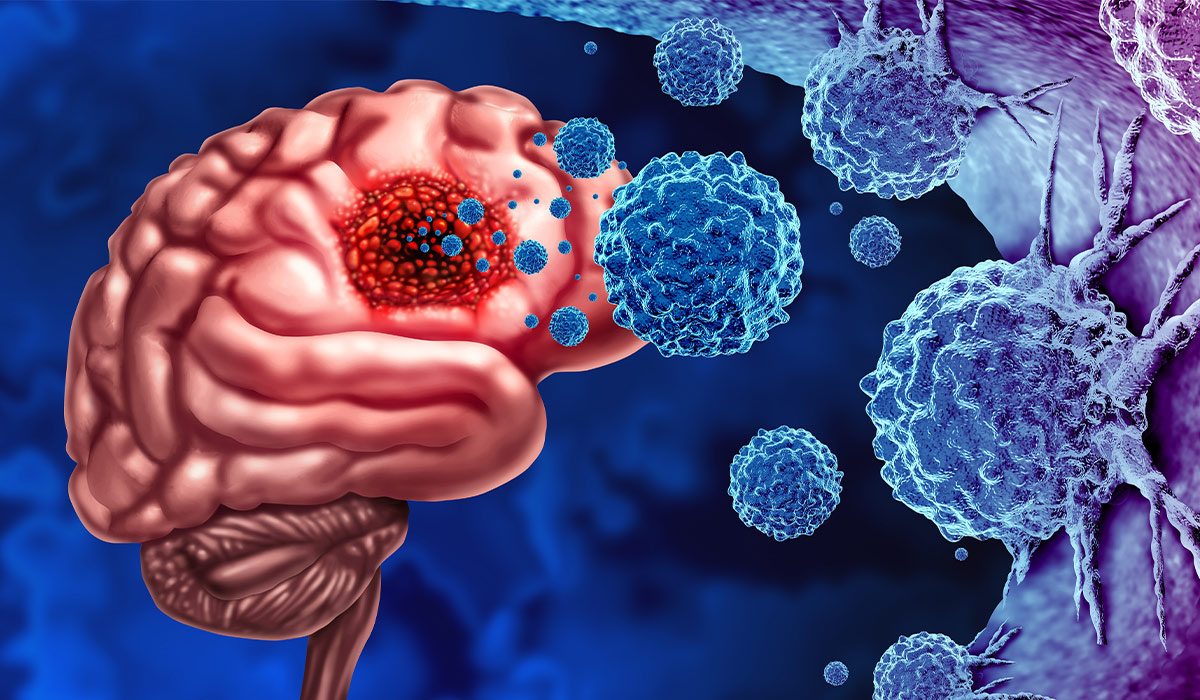
Glioblastoma is a brain cancer with a poor prognosis. Discover the first signs of the disease and the latest treatments.… read more »

Stress can be defined as the body's response to events that disturb its balance, burden it, or exceed our ability… read more »
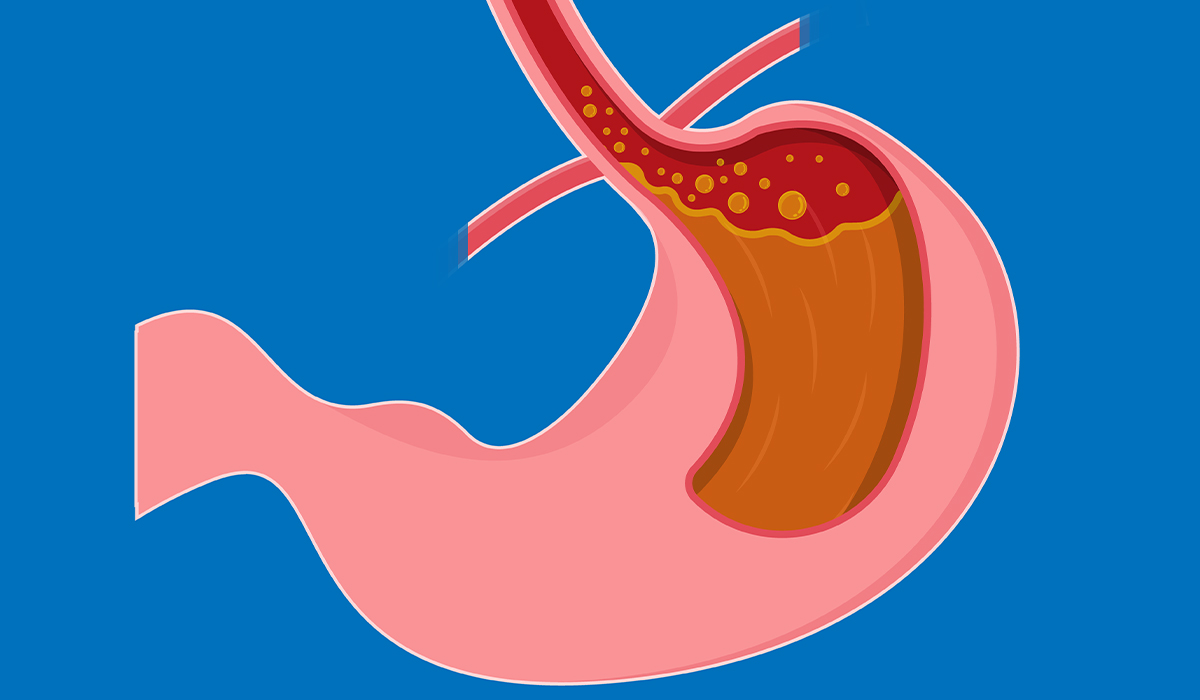
Zollinger-Ellison Syndrome is a condition that can cause uncharacteristic symptoms. Treatment is important as the disease can be fatal. Learn… read more »